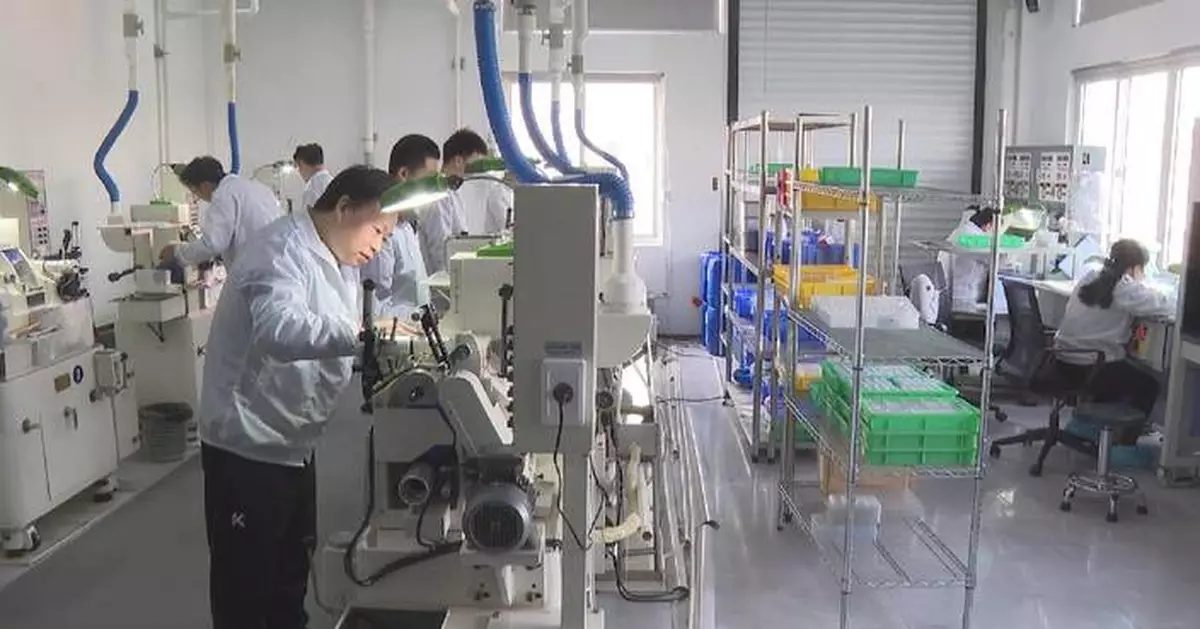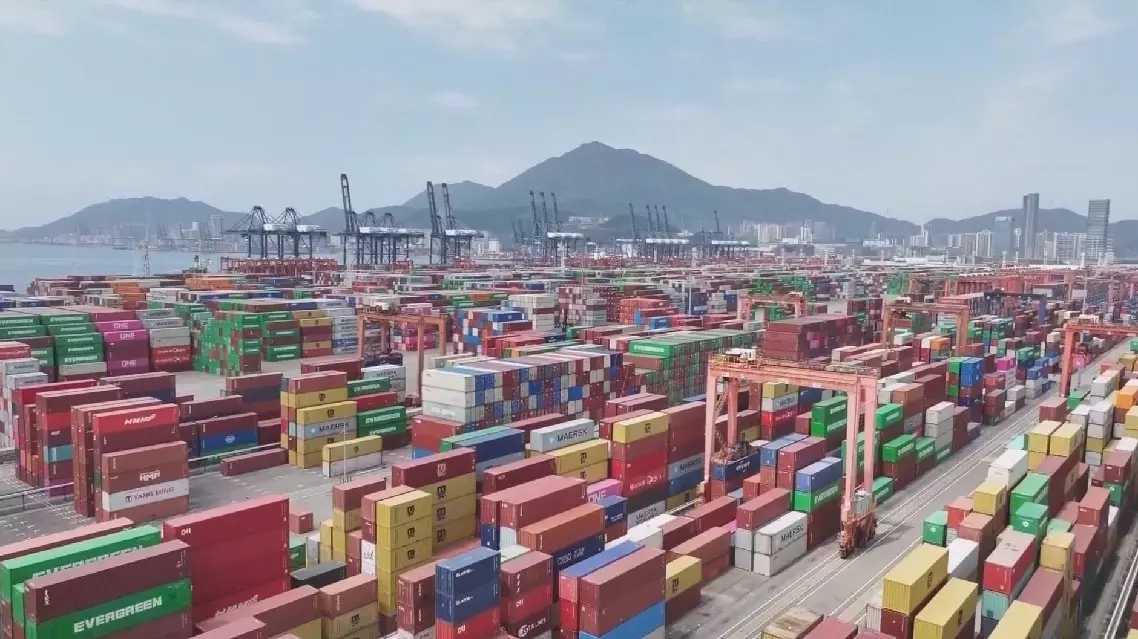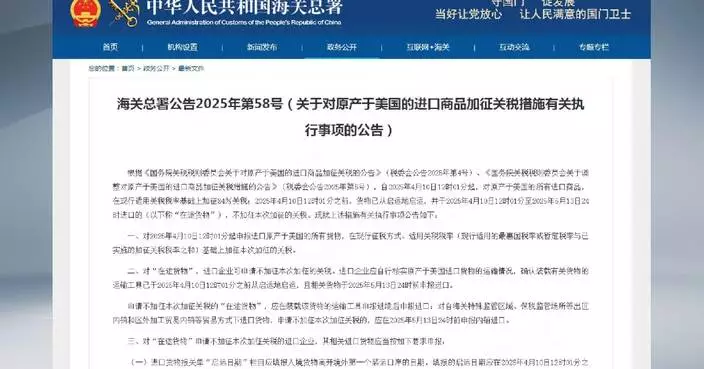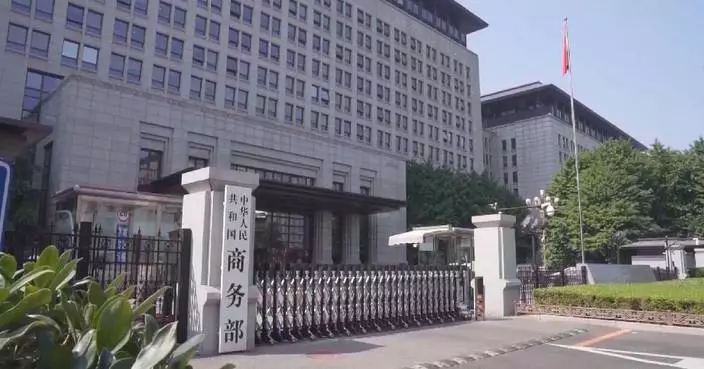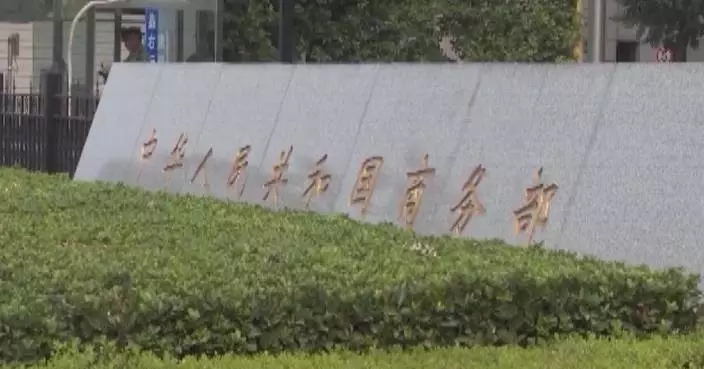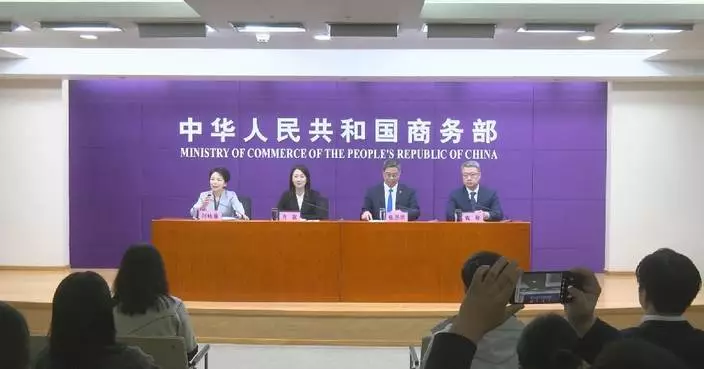China is delivering on its commitment to supporting its private sector with concrete actions, with many firms gaining easier access to finance as part of a broader push to boost private sector growth.
The government has introduced interest subsidy policies on select loans to ease the financial burden on private businesses.
Recently, Fuzhou O-Zone Optics Technology, a private company based in Fuzhou City, east China's Fujian Province, received a loan of five million yuan (about 686,666.98 U.S. dollars).
The company can not only withdraw the funds easily online, but also benefit from an one-percent annualized interest subsidy.
"For a loan of five million yuan, it was once unimaginable for a private enterprise to secure an interest rate of about one or two percent. We do feel the country's support for private enterprises," said Lu Guihua, chairman of Fuzhou O-Zone Optics Technology.
As for collateral requirements, banks have incorporated 12 scientific and technological indicators, such as the proportion of research and development investment and the number of patents, into their evaluations, enabling companies to secure loans based on intangible assets.
To address the financial challenges facing private enterprises, multiple departments have introduced a slew of supportive policies.
China's top economic planner, the National Development and Reform Commission (NDRC), plans to establish a national venture capital guidance fund to drive nearly one trillion yuan in local and private investment.
China's central bank, the People's Bank of China (PBOC), will optimize re-lending policies related to technological innovation and industrial upgrading, and enhance credit support for private as well as small and micro enterprises.
Meanwhile, various localities have launched programs to support private, small, and micro enterprises.
Shanghai has introduced 20 measures to make it easier for private businesses to obtain financing, aiming to push the city's balance of inclusive loans to small and micro enterprises above 1.5 trillion yuan this year.
Government departments and banks in north China's Hebei Province have dispatched officials to meet with representatives of enterprises and industrial parks, to offer targeted financing services.
China's efforts to support private enterprises are beginning to show results.
At the end of February, the balance of inclusive small and micro loans increased by 12.4 percent year on year, significantly outpacing the growth of other loan categories.
The Small and Medium-Sized Enterprises (SME) funding Index rose by 1.0 point from the previous month, signaling a recovery in business sentiment.
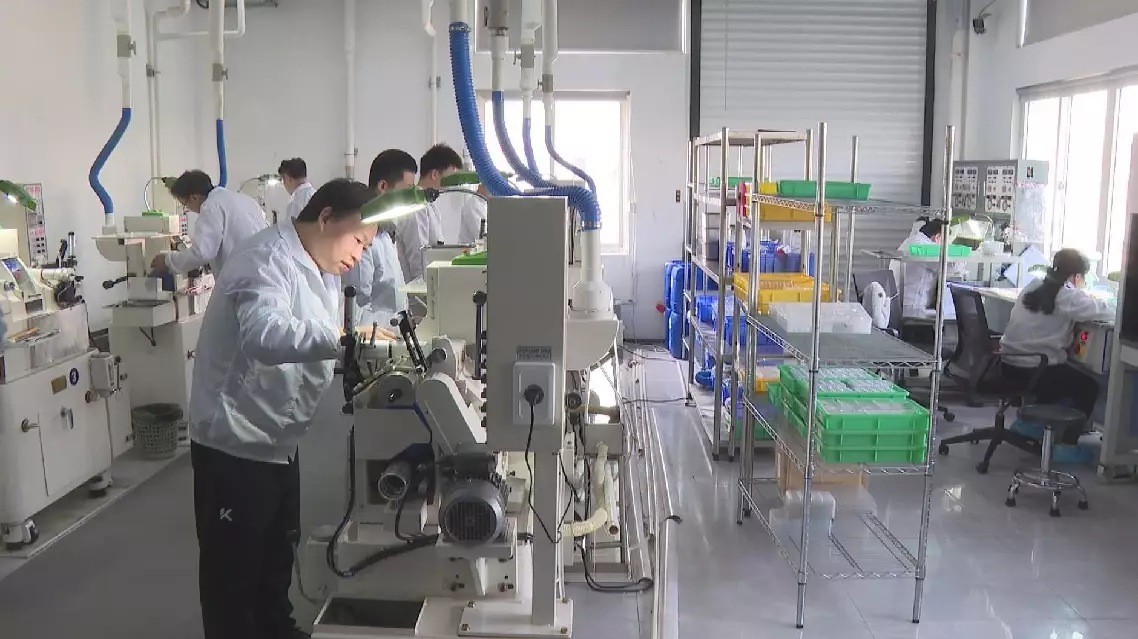
China delivers on commitment to supporting private enterprises


